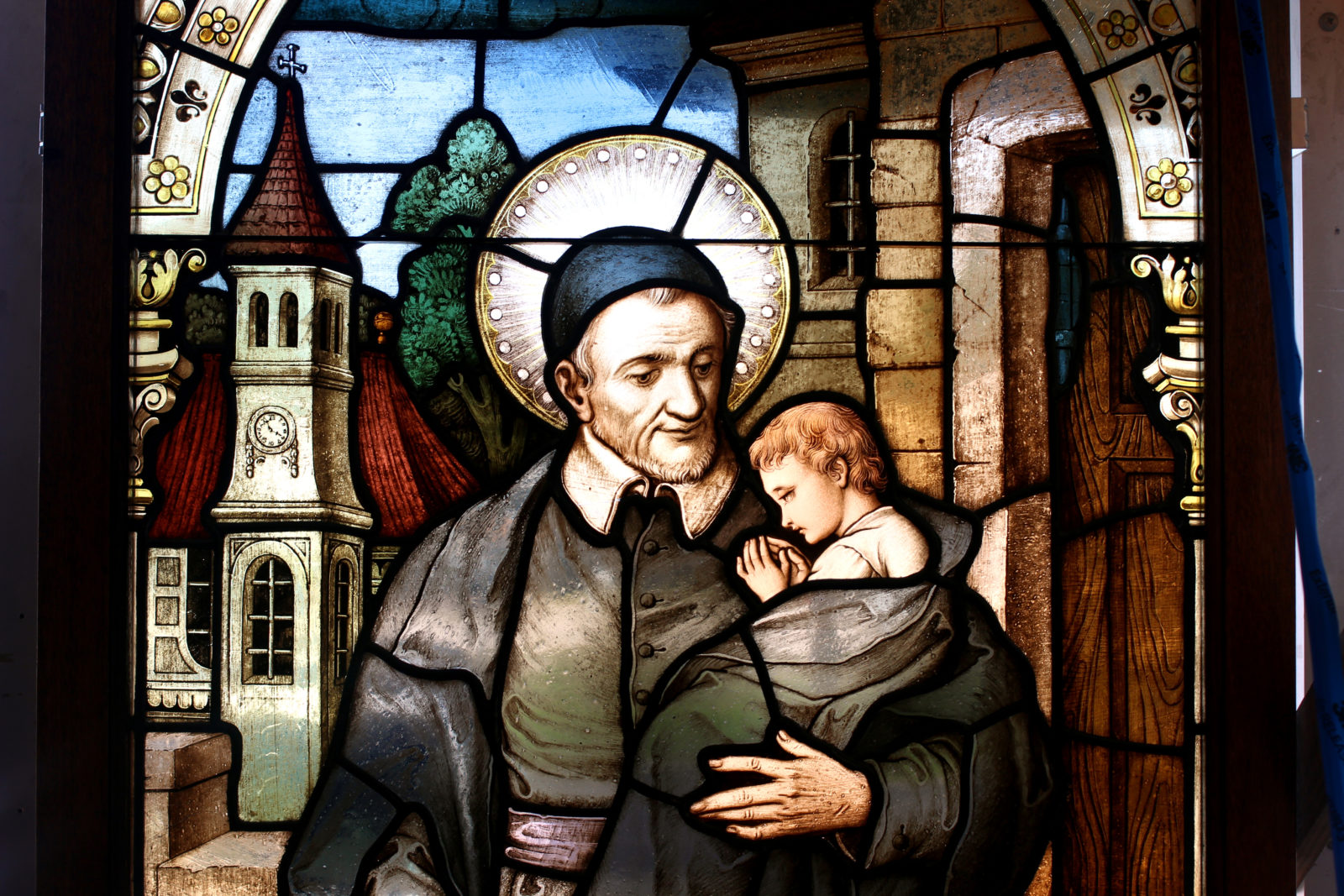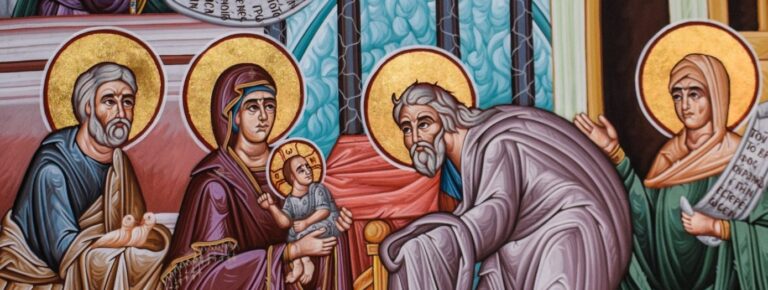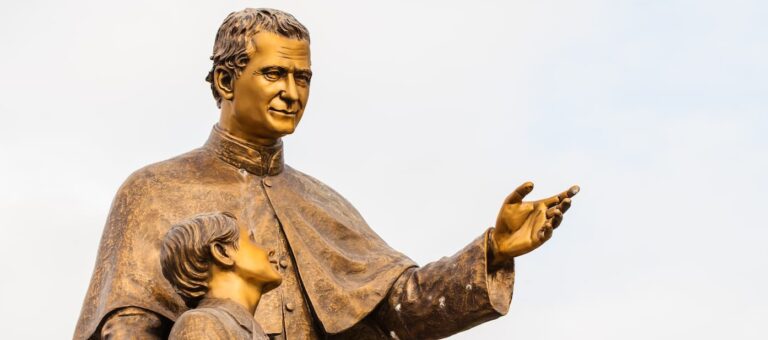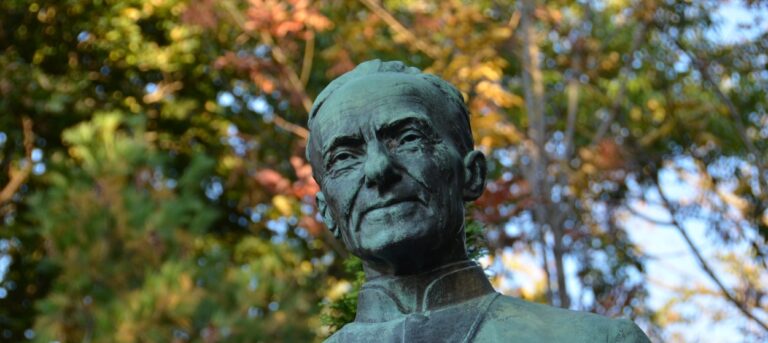
ST. VINCENT DE PAUL

If you have ever lamented the state of divisiveness in the Church today, it may help to delve into a history book and time travel back to the days of St. Vincent de Paul. When he studied in the Faculty of Theology at the University of Toulouse in France, the atmosphere was so factious that fights regularly erupted amongst seminarians. At times these fights escalated into armed battles and even murder. While the division in the Church today remains a scandal, we can be grateful that we’ve grown since the end of the 16th century!
This experience most certainly factored in St. Vincent de Paul’s commitment to work for better seminary training. By teaching, establishing seminaries and providing spiritual formation, Vincent fought abuse of power, moral corruption and poor intellectual and spiritual formation among the clergy. He was known for opposing the heresy of Jansenism – a very pessimistic view of human nature which led people to refrain from receiving the Eucharist because of their unworthiness. Despite the tumult he saw in his church and his world, Vincent believed that people were created in the image of God and, therefore, essentially good.
St. Vincent de Paul is most well known, however, for his work among the poor. (This we owe primarily to another saint – Frederick Ozanam. In 1833, Ozanam established a society to serve the needs of the poor living in the slums of Paris. He named it after St. Vincent de Paul. Today, Vincentians serve in countless parishes in more than 153 countries, making St. Vincent de Paul a Catholic household name.)
Though he is now deeply associated with a love of and commitment to the poor, Vincent required a little Divine nudging in this direction. He had entered the priesthood hoping for a comfortable life and worked at first in the service of the wealthy French elite. This uniquely placed him to see the stark contrast between his own life and that of the great majority of impoverished folks in his environs. Compassion, provoked by a confession he heard, compelled him to re-focus his attention. Together with St. Louise de Marillac, he dedicated himself to ministry to the poor, the sick and the imprisoned. This included establishing homes for children who were abandoned, hospices for the elderly and work programs for the unemployed. Some accounts of St. Vincent’s life indicate that he may have been captured by pirates and sold into slavery. This could have been the reason he was also committed to working with refugees and freeing enslaved people.
Tumultuous times often produce the holiest of humans. In the 1500s this was St. Vincent de Paul. Who, I wonder, will be the saints of prophetic reform and healing love that will emerge from the tumult of today? Could it be you?
Christine Way Skinner is a lay minister and author. She received a Bachelor of Arts in Theology degree from St. Francis Xavier University and a Master of Divinity from Harvard Divinity School. She is currently working on a Doctorate in Theology at St. Michael’s College in Toronto. Christine loves trying to find inclusive, compelling and creative ways to pass on the church’s 2000 year old traditions. She enjoys exploring the arts, gardening and engaging conversations. Christine’s numerous publications can be found and purchased here.


